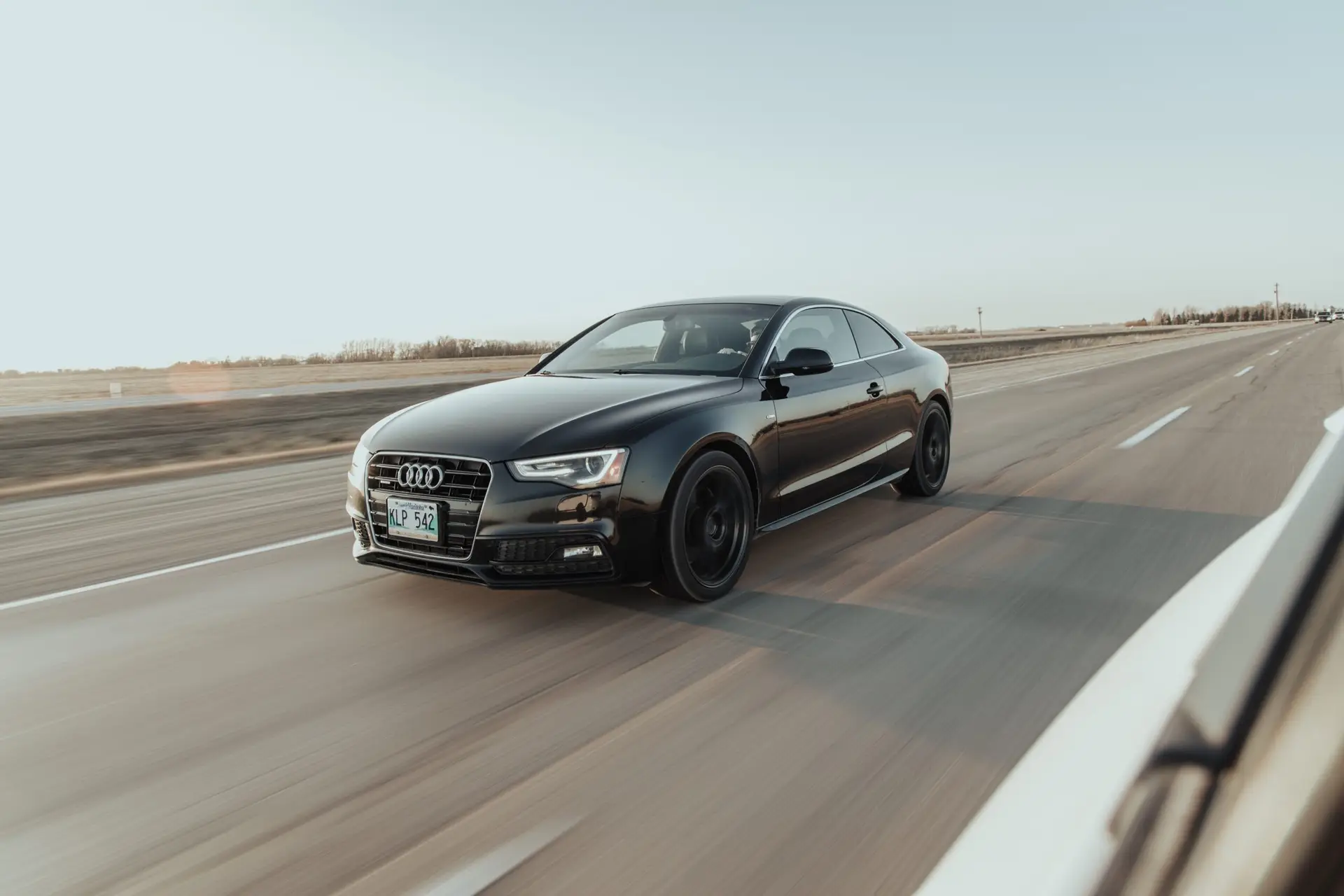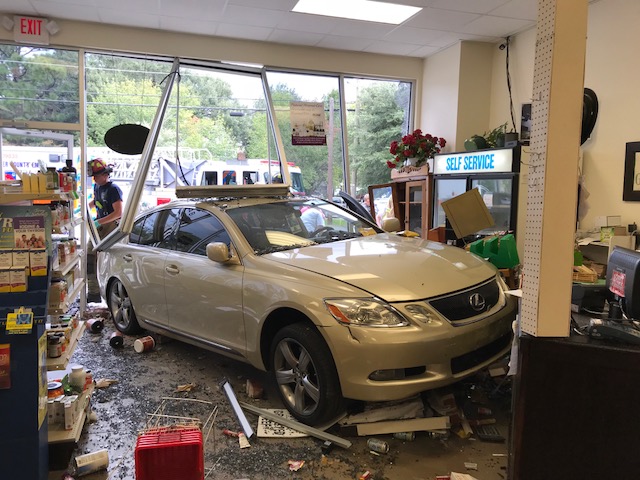North Carolina has numerous vibrant and growing communities with people relocating here from around the country. One of the hurdles of any relocation is securing new auto insurance, so we are frequently discussing the nuances of how coverage and auto rates in NC may differ from other states. North Carolina has competitive premiums compared to neighboring states- so much so, that there are residence verification procedures to keep neighboring residents from trying to purchase a NC auto policy if they don’t actually live in North Carolina.
A big part of determining rates in any state has to do with the regulatory structure. North Carolina has a reinsurance facility that allows insurers to offload claims cost for the highest risk drivers. While the coverage is obviously more expensive than drivers that insurance companies voluntarily insure, this risk pool does spread the risk across a large number of drivers and keeps the highest risk drivers from impacting rates for average and above average drivers. Insurance companies can decide whether to give customers ‘voluntary’ rates or whether to ‘cede’ the risk to the North Carolina Reinsurance Facility.
In addition to legal and regulatory factors, the biggest factors affecting cost is driver behavior. According to the National Highway Traffic Safety Administration, North Carolina is almost spot on average as it relates to fatalities per 100 mil vehicle miles driven. The national average is 1.11 and North Carolina’s average is 1.12. North Carolina is also below (better than) average when it comes to the fatality rate due to accidents where alcohol impairment was considered to be the primary cause. North Carolina’s fatality rate due to DUI caused accidents is .26 per 100mil miles driven, while the national average is .31.
None of these stats are alarming or surprising, but one of the more interesting metrics we ran across has to do with the number of accidents occurring on a day that involved a daylight savings change (forward or backward). Carinsurance.org shows North Carolina is 11th in fatalities per licensed drivers that occur on a DST change day, but that is a huge jump from their average on all other days relative to other states. This is a bizarre statistic, but there is speculation that the effect on sleep schedules or the abrupt change in the amount of daylight from one day to the next somehow impacts driver behavior.
I guess the moral of the story is- don’t text and drive, don’t drink and drive….and get plenty of rest on the eve of Daylight Savings! No matter how much daylight there is, the agents at PIA will be there to help you find the best value for your dollars and support you when you need to file a claim.








